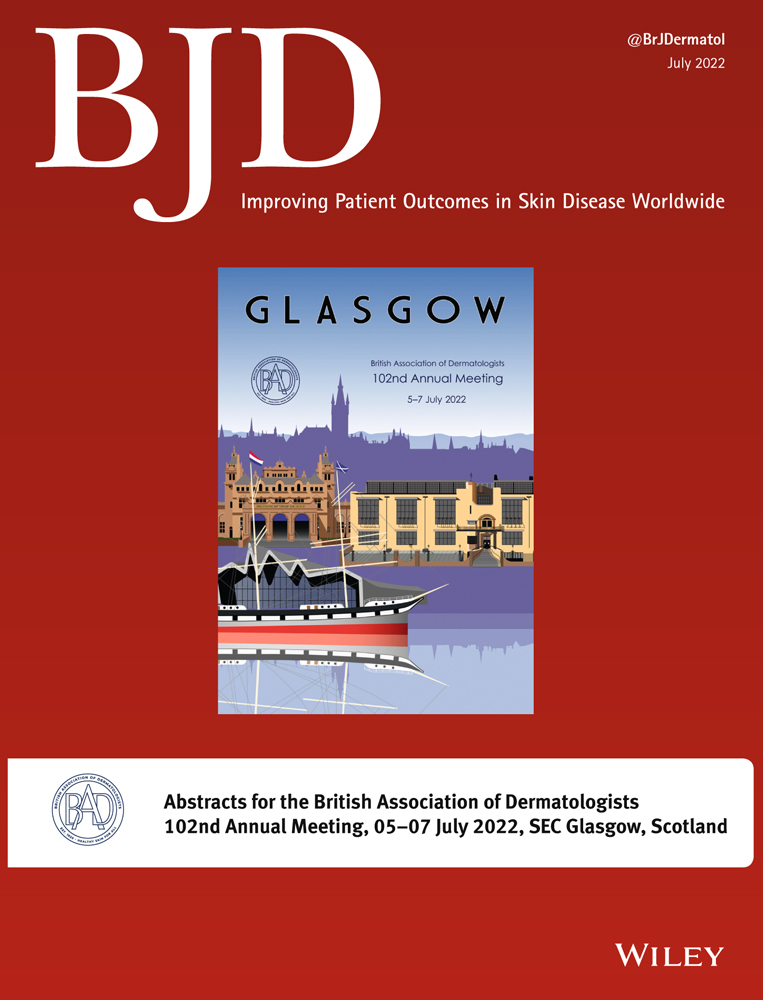BI23: Use of biologics for psoriasis in solid organ transplant recipients: a case report and review of the literature
Marta Costa Blasco, Sophie Diong and Siona Ni Raghallaigh
Beaumont Hospital, Dublin, Ireland
Biologics have played a crucial role in managing a multitude of inflammatory disorders. Significant advances have been seen since the first biologics were introduced, including the development of anti-tumour necrosis factor (TNF)-α and further progress on the understanding of the pathogenesis of psoriasis (Rønholt K, Iversen L. Old and new biological therapies for psoriasis. Int J Mol Sci 2017; 18: 2297). However, very little is known about the use of biologics in immunosuppressed patients such as solid organ transplant recipients. There are multiple dermatological manifestations related to solid organ transplants ranging from benign infections to malignancies. However, inflammatory skin conditions are rare given the immunosuppressive regimens required to prevent graft rejection (Madankumar R, Teperman LW, Stein JA. Use of etanercept for psoriasis in a liver transplant recipient. JAAD Case Rep 2015; 1: S36–7). We aimed to evaluate treatment using these agents in immunocompromised patients by reporting a case about a patient from our institution and conducting a review of the current literature available on this topic. Our case was that of a 29-year-old man with a background of psoriasis who underwent a renal transplant secondary to Alport syndrome. Prednisolone, mycophenolate mofetil (MMF) and tacrolimus were his maintenance treatment regimen. He presented with erythroderma secondary to psoriasis 1 year post-transplant and failed on treatment with acitretin and subsequently apremilast. It was decided to commence adalimumab to treat his symptoms, and MMF was discontinued, considering the increased risk of opportunistic infections on several immunosuppressive medications. A review of the literature was performed in MEDLINE, Cochrane and Embase, to identify published cases reporting the use of biologic treatments in solid organ transplant patients with psoriasis. We collected data on demographics, efficacy and reported complications. In total, nine articles were included. Etanercept was used in six patients (66·6%), followed by ixekizumab, brodalumab and ustekinumab. Our patient was treated with adalimumab with good response, which has not been previously documented in the literature. There is a lack of published data regarding treatment with biologics in this cohort of immunosuppressed patients and the use of these treatments should be done with caution. Further studies are required to assess efficacy and safety profiles.




